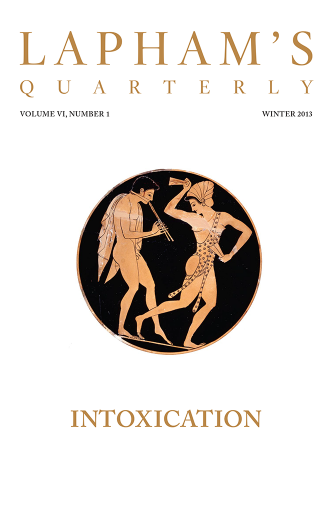
Head of Medusa, by Peter Paul Reubens, c. 1618. Kunsthistorisches Museum.
When I was eight years old, my father took me and my sister on a train journey from Johannesburg to Port Elizabeth. On the train he read us the story of Perseus and the slaying of the Gorgon Medusa from a book of children’s stories of Greek myths.
King Acrisius of Argos asked the oracle how long he would live. The oracle declined to give him a number but told him he would be killed by his grandson. King Acrisius, terrified, had his own daughter, Danae, locked in a chamber with neither door nor window.
But Zeus, the king of the gods, saw her through a crack in the wall. He entered the room as a shower of gold. He seduced and impregnated Danae. I am not sure how my father dealt with this part of the story for an eight-year-old. But Danae bears a son, Perseus, and King Acrisius—enraged, terrified—has Danae and the infant Perseus placed in a wooden chest and has the chest thrown into the sea.
But instead of sinking, the chest and two inmates wash up on the shore of the island of Seriphos. A fisherman finds Danae and her son, and in due course Perseus grows into a strong, agile youth.
The king of Seriphos, Polydectes, has heard of the beauty of Danae and wants her as his concubine. But fearing the protective wrath of her son, he sends Perseus on a suicide mission.
Perseus is sent to kill the Gorgon Medusa. The Gorgons are three sisters too terrifying to behold. Their hair is made of living snakes, and to look at them is to turn to stone.
Perseus sets out on his journey and is blessed. He is given wings on his shoes to make him swift. He is given a cloak of invisibility. And he is given a reflective shield, so that instead of having to look at Medusa directly, he can look at her reflection in his shield. He finds the cave where the Gorgons live, and there he slays Medusa.
Now Perseus, who has heard of the oracle’s prediction that he will kill his grandfather, decides to return to his ancestral island, to show King Acrisius he bears him no ill will, has no desire or need to kill him. All has turned out well in the end.
But meanwhile news has traveled to Argos that Perseus has slain the Gorgon Medusa, and that Perseus is on his way to Argos. King Acrisius immediately thinks of the oracle and knows that Perseus is on his way to kill him. So King Acrisius flees his kingdom and his island, disguised as a beggar in sackcloth and ashes. Perseus is approaching the island of Argos, but decides to stop off at the nearby island of Larissa, to take part in an athletic contest that is taking place there.
If he wins the laurel wreath, he will take this as a gift to his grandfather as a peace offering. He takes part in the discus competition. The stands are crowded; there is expectation in the air. Perseus takes the stone discus in his left hand. He builds up momentum, rocking backward and forward, his body undulating as the strength in him grows.
He transfers the discus to his right hand, leans back, and launches the discus. It sails over the grassy field, past the marks of the other competitors. The discus soars over the edge of the field and into the stands. On the last row of spectators, it strikes an old man, a beggar, in sackcloth and ashes—and kills him.
For me, this was intolerable. If only the grandfather had not sat in that seat. Why not one seat to the left, or one seat to the right? He would have been safe. Why did Perseus have to take part in the athletic competition? Why did he have to show off? Why did the grandfather have to run away?
How could so many chance events, so many unlikely elements—the discus, the disguise, the date of the athletic competition—conspire to make the predicted inevitability? Maybe every step I took, or didn’t take, was the wrong one. Maybe every decision that seemed unimportant would lead to consequences so much greater. Every decision was the wrong decision.
If Perseus or his grandfather had just read the last page of the book, this could all have been avoided. But once launched, the discus could not be called back.





